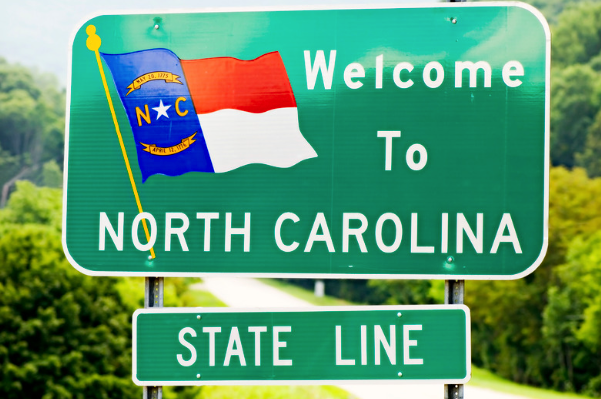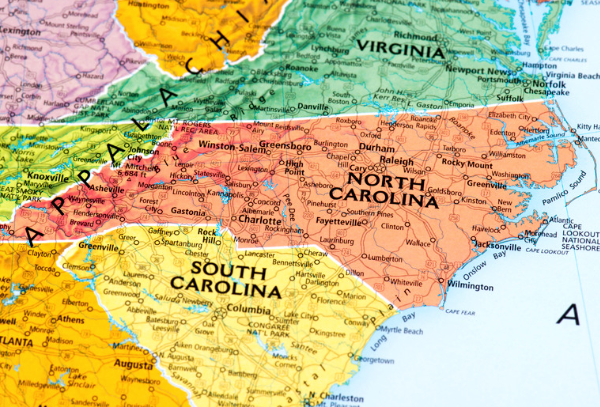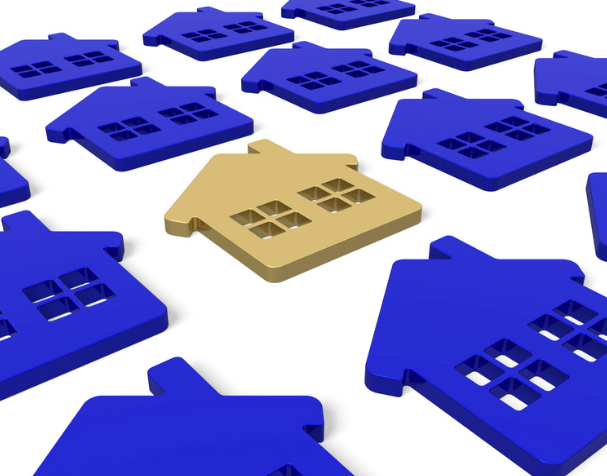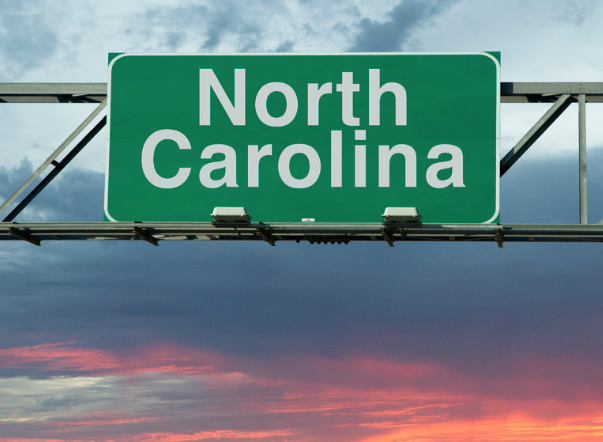North Carolina - particularly Western North Carolina, a tourist favorite - is a very popular location for sober living homes. (It’s also a popular place for opening addiction treatment centers.) Overdose deaths in North Carolina have risen sharply during the pandemic, so it makes sense to offer the residents of this state an option for drug-free living.
Today, we’ll take a closer look at what goes into opening a sober living home - also known as a halfway house, a transitional home or a sober home - in North Carolina.
Don’t Get Confused by Inaccurate Information on the Internet About Opening Sober Living Homes in North Carolina
There are a few misleading articles on the internet that claim you need a Certificate of Need and other requirements established by the Division of Health Service Regulation in North Carolina to open a sober living home in the state. Those articles confuse the difference between sober living homes and full service addiction treatment centers. Legally speaking, the difference is very critical to understand. There is very little good information available about the process online, so this post seeks to provide some of the basic information you’ll need to get started with your sober living home in North Carolina.
North Carolina Does Not Regulate Sober Living Homes at the State Level
North Carolina doesn’t place many restrictions on how sober living homes may operate in the state. This is good news for would-be sober living home operators but it is also bad news. Because of the unregulated environment in North Carolina, many bad actors have entered the industry. These unscrupulous owners are known to engage in patient brokering and other exploitative (and often illegal) practices.
Moreover, the lack of a central tracking system for recovery homes in North Carolina means that it’s more time consuming to research the market and identify emergent needs in terms of underserved populations and areas. While you can research this on your own - and you should, if you’re looking to operate in the state - the lack of a centralized system makes this process more arduous.
Make Sure Your Sober Living Home Isn’t a “Licensable Facility” in North Carolina
Sober living homes, as they are typically conceived and managed, are not considered a “licensable facility” under North Carolina’s state laws.
North Carolina General Statute 122C-3(14)b. states that:
A "licensable facility" [...] provides services to individuals who are mentally ill, developmentally disabled, or substance abusers for one or more minors or for two or more adults. These services shall be day services offered to the same individual for a period of three hours or more during a 24‑hour period, or residential services provided for 24 consecutive hours or more. Facilities for individuals who are substance abusers include chemical dependency facilities.
As long as your sober living home doesn’t “provide services” - in this case, treatment services - to residents, then you are not considered a licensable facility in North Carolina.
Consider Joining the North Carolina Association of Recovery Residences
North Carolina’s local NARR affiliate, the North Carolina Association of Recovery Residences or NCARR, can help you stay on top of local legislation and other regulations that may affect your business now or in the future.
North Carolina Legislature Tends to Favor Faith-Based Programs Over Evidence-Based Treatment
Pay special attention to the political environment in North Carolina if you’re interested in housing MAT patients at your sober living home.
While recent legislation made special provision for supported housing programs that specifically welcome those in recovery who are engaging in Medication Assisted Treatment (MAT), North Carolina’s politicians have historically favored (and funded) faith-based programs over evidence-based treatment. North Carolina lawmakers gifted $10 million dollars to Hope Alive, a Christian-based nonprofit grounded in the 12 step approach to recovery. North Carolina is also home to TROSA, a controversial, massive “work based” rehab/sober living community that restricts the use of MAT medications.
Need Help With Your Sober Living Home in North Carolina ? We’re Here for You
Sober Living App is dedicated to doing one thing: making it easier - and more profitable - to operate sober living homes.
Our all-in-one app handles rent collection, admissions, property management, residents’ care coordination, community contacts, transportation details, calendars, staff, alumni and more - all from the convenience of your phone.
Claim your free trial today and see why more sober living homes prefer the Sober Living App.






